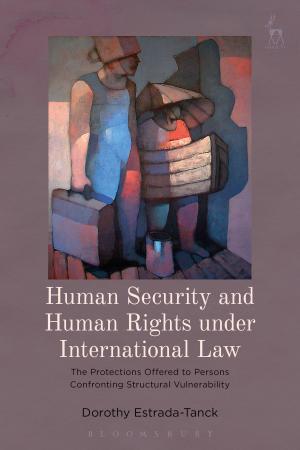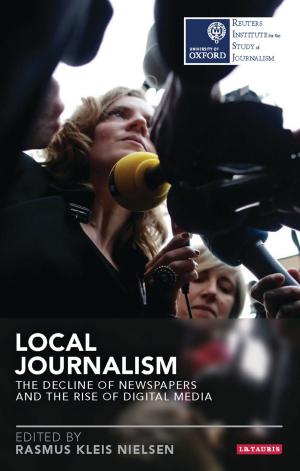Andreas Papandreou
The Making of a Greek Democrat and Political Maverick
Biography & Memoir, Political, Nonfiction, Social & Cultural Studies, Political Science, History| Author: | Stan Draenos | ISBN: | 9780857732378 |
| Publisher: | Bloomsbury Publishing | Publication: | June 12, 2012 |
| Imprint: | I.B. Tauris | Language: | English |
| Author: | Stan Draenos |
| ISBN: | 9780857732378 |
| Publisher: | Bloomsbury Publishing |
| Publication: | June 12, 2012 |
| Imprint: | I.B. Tauris |
| Language: | English |
A generation after his death and still no monument adorns Andreas Papandreou's grave at the First Cemetery of Athens. This puzzling absence exemplifies the enigma surrounding the man who was arguably the most remarkable, and certainly the most controversial Greek politician of the post-World War II era. Venerated by his admirers and despised by his detractors with equal passion, the Harvardeducated Papandreou left in his wake no clearcut answer to the question of who he was and what he stood for. Andreas Papandreou attempts to explain the dimensions and dynamics of the Papandreou enigma, narrating the explosive interplay of character and circumstance that generated the man's powerful politics.
Stan Draenos' book focuses on the conflicts that, at the height of the Cold War, fostered Papandreou's leap into Greek politics, after two decades in American academia as an exemplar of John F. Kennedy's 'New Frontier'. In the aftermath of Kennedy's assassination, these conflicts found Papandreou embroiled in a complex crisis. At the same time, his meteoric rise and the coup that cut it short represents a neglected episode in the collapse of American liberalism. Riven by internal conflicts over US intervention in Vietnam, liberal ideas came under the assault of a resurgent conservatism that, in the 1968 US presidential elections, would bring Richard Nixon to power. Andreas Papandreou is thus both an American and a Greek story - an untold tale in the annals of the Cold War. In a wider sense, Andreas Papandreou's transformation into a Cold War maverick illuminates the strange fate that befell
progressive forces in the West which emerged from the devastation of World War II only to find themselves caught up in the polarizing politics of a deadly, nuclear-armed rivalry between the United States and the Soviet Union.
This is a book which illuminates a little-known chapter of twentieth-century history. Its attractive style and fascinating details will appeal to all general readers who follow the politics of the modern world, as well as to scholars and students of international affairs.
A generation after his death and still no monument adorns Andreas Papandreou's grave at the First Cemetery of Athens. This puzzling absence exemplifies the enigma surrounding the man who was arguably the most remarkable, and certainly the most controversial Greek politician of the post-World War II era. Venerated by his admirers and despised by his detractors with equal passion, the Harvardeducated Papandreou left in his wake no clearcut answer to the question of who he was and what he stood for. Andreas Papandreou attempts to explain the dimensions and dynamics of the Papandreou enigma, narrating the explosive interplay of character and circumstance that generated the man's powerful politics.
Stan Draenos' book focuses on the conflicts that, at the height of the Cold War, fostered Papandreou's leap into Greek politics, after two decades in American academia as an exemplar of John F. Kennedy's 'New Frontier'. In the aftermath of Kennedy's assassination, these conflicts found Papandreou embroiled in a complex crisis. At the same time, his meteoric rise and the coup that cut it short represents a neglected episode in the collapse of American liberalism. Riven by internal conflicts over US intervention in Vietnam, liberal ideas came under the assault of a resurgent conservatism that, in the 1968 US presidential elections, would bring Richard Nixon to power. Andreas Papandreou is thus both an American and a Greek story - an untold tale in the annals of the Cold War. In a wider sense, Andreas Papandreou's transformation into a Cold War maverick illuminates the strange fate that befell
progressive forces in the West which emerged from the devastation of World War II only to find themselves caught up in the polarizing politics of a deadly, nuclear-armed rivalry between the United States and the Soviet Union.
This is a book which illuminates a little-known chapter of twentieth-century history. Its attractive style and fascinating details will appeal to all general readers who follow the politics of the modern world, as well as to scholars and students of international affairs.















